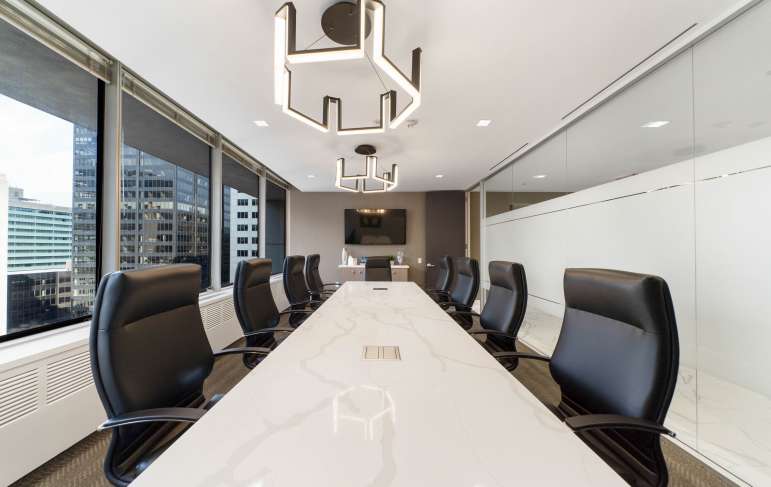
This is an alternative dispute resolution process that is voluntarily entered into by parties and is ideal in a number of circumstances:
-for parties who think it may be possible to settle their case with the help of an impartial person (a Mediator) to help facilitate communication between parties to reduce stress, delays, and costs that often come with a lengthy court battle.
-for parties who would like to craft creative solutions to their case rather than having the court grant “cookie cutter” orders which are oftentimes not designed to fit your independent facts.
-for parties who want a voice in the outcome of their proceeding rather than a stranger (a judge) making a decision for their family.
-in matters involving children, for parties who would like to achieve a peaceful resolution rather than “slinging mud” at each other in the courtroom which can often make it hard to co-parent after litigation.
– in matters involving children, for parties who want to rely on their own judgment as to what is best for their family rather than a judge inserting his or her own judgment of what is in the best interest of the children.
-for parties who with the help of an impartial person (a Mediator) have the ability to reach a resolution in an effort to save time, money, & hurt feelings of litigation.
-for parties to satisfy certain court rules which require mediation before temporary orders or final trial.
-for parties who have the ultimate goal of arbitration but wish to start with the possibility of a voluntary resolution before that process begins.
-for parties who are aware a judge cannot take the individual time to learn about their individual needs and who they are outside of formal questioning in a witness stand which oftentimes does not reveal the entire picture of what is best for them or their family.
What to expect:
The first question often asked is will we all be in the same room? The quick answer is no. In fact it’s possible you will not even see the other litigant the entire day.
Mediation is private and confidential. Anything said in mediation, and any negotiations cannot be used before a judge should mediation not be successful.
A Mediator is an impartial person, selected by the parties in an agreement to mediate or that the parties are referred to by the court. By the parties selecting their mediator, they have the opportunity to select the desired characteristics and experience of the Mediator.
A mediator does not render a decision on the issues in disputes but assists the parties in reaching a voluntary settlement. The Mediator doesn’t coerce parties. The Mediator may make suggestions, but in no way represents a party. The primary responsibility for the resolution of the dispute rests with the parties. In other words, this is a process that leaves you in control rather than a judge who hears a few hours about your life and makes a decision about what will happen with the rest of your life, like it or not.

